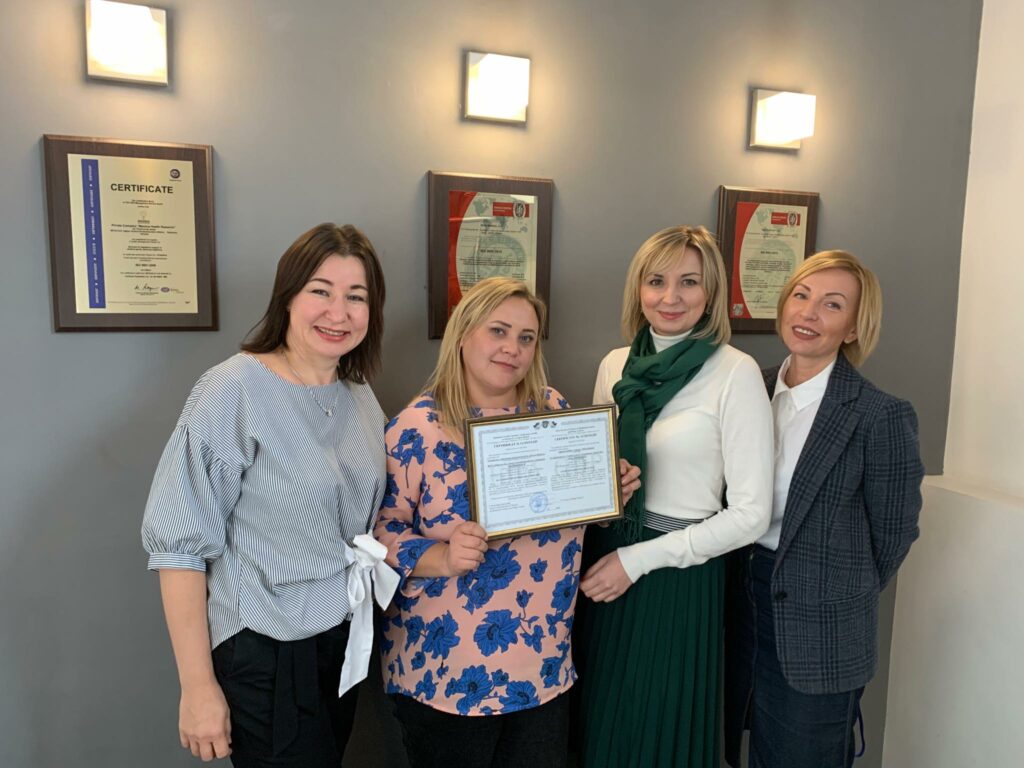
Among those hospitalized, the diagnosis of hepatitis A has already been confirmed in 81 patients, including 15 children. Another 19 patients are in the hospital with suspected infection and are waiting for confirmation of the diagnosis. The victims are receiving all the necessary medical care. Specialists of the Vinnytsia Oblast Center for Disease Control and Prevention (CDCP) continue epidemiological investigation into the causes of the outbreak and spread of hepatitis A, according to MOH.
At present, the reasons that can be associated with cases of the disease – attending mass events or eating the same products – have not been established. It is known that all patients live in different neighborhoods of Vinnytsia city and settlements of the region.
CDC specialists continue virological, bacteriological and sanitary-chemical investigations of drinking water and the environment in the area of outbreaks. They establish the circle of contact persons who could potentially be affected by the spread of infection, and interview the sick to study the possible source of infection. According to the latest results of virological and bacteriological laboratory tests – 129 water samples (from public drinking water sources, private wells, points of sale of drinking water or distribution network) have been tested and comply with the State sanitary norms.
Hepatitis A is a viral disease that affects the liver and can have both mild and severe course. Hepatitis A virus is transmitted as a result of consuming contaminated food or water, due to poor personal hygiene, as well as in families, when an infected person cooks food for all family members. Therefore, it is important to remember to prevent hepatitis A. Maintaining hygiene during food preparation and washing fruits and vegetables before consumption will help prevent foodborne transmission. Do not use water from untested sources. Any water that is not bottled should be boiled before drinking. Also, remember to practice good personal hygiene by washing hands thoroughly with soap and warm water after using the toilet, before eating, and after contact with garbage to help avoid and prevent infection.



